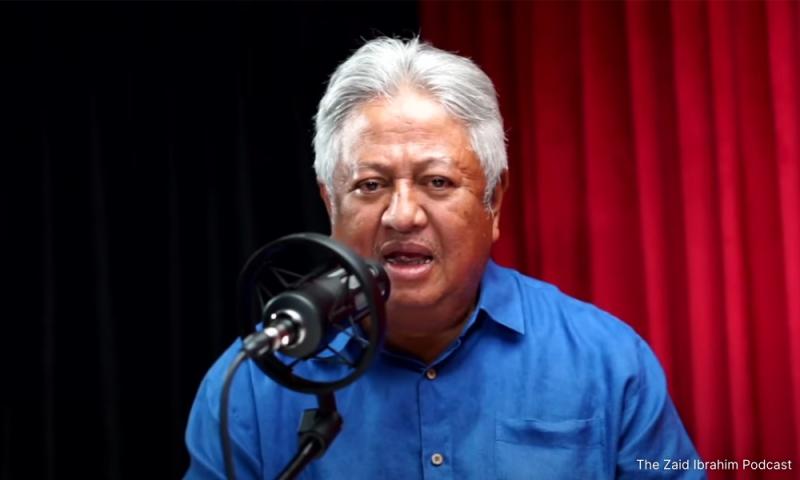Putting aside the legal complexities arising from the Subashini case, the situation does throw up some interesting questions whose answers are readily available without resort to usual legal, religious and political posturing some of malaysiakini readers have attempted in earlier letters.
We know that R Subashini and T Saravanan (her husband) contracted to marry under the civil system. Somewhere along the line, their marriage broke down. Saravanan converted to Islam. Whether its was a genuine conversion (i.e. without the ulterior motive of pre-empting a struggle with his wife over child custody and property division) or a conversion of convenience, we will never know. However, the manner in which he tried to convert their two children to Islam without his wife's consent does raise questions as to his motives.
The honourable thing for Saravanan to do was to divorce Subashini, settle child custody and property issues under civil law (the original contracting law) before converting into Islam, especially before converting their children into Islam.
(Note: There is no question in my mind as to Saravanan's freedom to become a Muslim after he has fulfilled his contractual obligations as a non-Muslim previously. The same principle would apply if, for example, a Malaysian wanted to settle abroad - she or he would have to settle their taxes [ zakat ] and debt obligations in Malaysia before being allowed to emigrate abroad).
Does the Muslim community want to accept someone into their fold, knowing full well that he broke his previous contract (i.e. marriage under civil law) before entering into a new contract (i.e. to convert to Islam)? Would the Muslim ummah trust a person who habitually breaks his contracts without accepting the consequences to the other party he has contracted to? How long does the Muslim community reasonably expect such a convert to remain faithful to his new contract (i.e. to be a faithful Muslim) before another opportunity to jump ship appear on his horizon?
This case reminds me of multinational corporations who habitually switch jurisdictions from one country to another to avoid being forced to live up to their end of the bargain (the recent switch in headquarters of Halliburton from the United States to Kuwait to avoid US Congress scrutiny on its dealings in Iraq comes to mind, likewise the switch of James Hardie's registerd headquarters from Australia to the Netherlands to avoid asbestos claims in Australia).
The similar situation arises with individuals holding dual nationality: They can switch allegiances between their countries of citizenship to obtain the best deal for themselves (e.g. avoiding national service, paying debts or taxes, facing legal charges, jail terms, etc.). Isn't this is why Malaysia does not accept dual citizenship?
It's a simple question to do with the quality of Muslim converts as opposed to the quantity. The current set-up is focus on quantity at the expense of quality.
In Bolehland, we already have many systems that focus on quantity at the expense of quality: Proton (our 'beloved' national carmaker), the New Economic Policy, privatisation and government contracts given out without competitive tender and bidding, etc. It also goes back to what our current prime minister pointed out correctly early in his tenure: In Malaysia, we have first-class infrastructure but third-class mentality.
If we want switch the focus to quality, then Muslims would want this government-created loophole in the legal system closed to potential opportunists who use conversion as a means to their own ends.
It is also a reputational issue: The good reputation of Islam, its noble Prophet (pbuh) and its adherents are being called to question, both here and abroad, thanks to its latest convert in Malaysia and the way the case has been handled so far.




